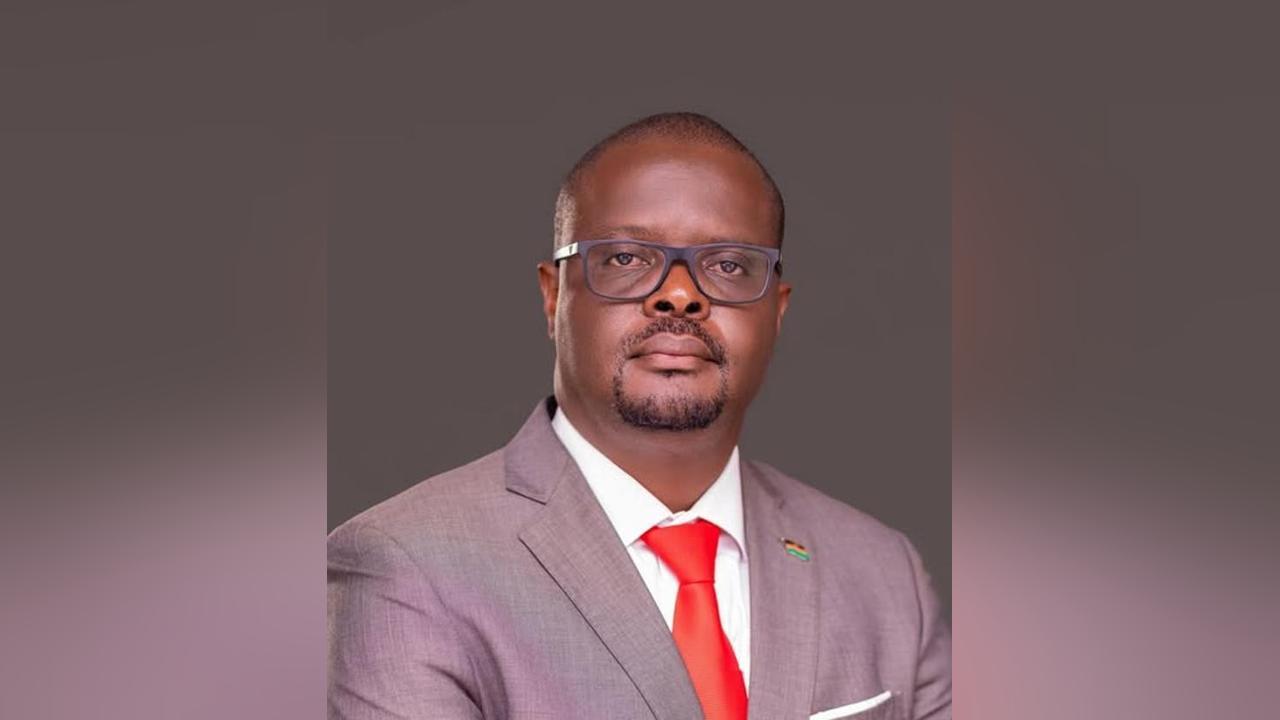Africa-Press – Malawi. In a powerful and deeply composed public lecture, engineer Vitumbiko A.Z. Mumba delivered what many are calling one of the most fearless critiques of Malawi’s construction industry. With the poise of a seasoned reformist and the clarity of a visionary, Mumba laid bare the alarming state of ethics in the sector, calling it one of the most corrupt in the country and demanding an urgent transformation.
Mumba’s lecture, which dissected findings from his research on the effectiveness of Codes of Ethics (CoEs) in Malawi’s construction industry, was not just an academic presentation—it was a national wake-up call. Calm and confident, he pulled no punches as he spoke of institutional decay, professional malpractice, and an entrenched culture of silence that allows substandard work, corruption, and professional misconduct to thrive unchecked.
In a moment that stunned the audience, Mumba asked: “Have you ever seen the Malawi Engineering Institute discipline engineers?” The room fell silent, and the question hung heavily, speaking to an industry that protects its own even in the face of gross failure. He cited the notorious Nsanje-Marka Road as a case in point—a failed government project four years on, with no accountability and no consequences. Mumba argued that this was no accident but a symptom of a sector devoid of ethical enforcement.
Throughout his lecture, Mumba showed the kind of composed and visionary leadership Malawi so desperately needs. He didn’t simply highlight the problems—he painted a roadmap for reform. With a firm grasp of the subject matter and clear moral conviction, he showed how countries with strong CoEs, such as Rwanda and Namibia, have far outperformed Malawi in infrastructure quality and delivery. He made it clear that Malawi is not short on talent, but short on courage, integrity, and willpower.
His findings were damning. Out of 10 parastatals studied, only four had Codes of Ethics. Of the five professional bodies, only three had CoEs—and two of those were still in draft form. A shocking 20 out of 25 contractors had no CoE at all, and only one in 10 consultants had a functioning ethical code. Even where CoEs existed, Mumba noted, most were simply for show—to impress donors and appear compliant to international standards—rather than serving as tools to enforce ethical behavior.
Mumba challenged the industry to stop hiding behind documents and start living by values. He called for real disciplinary action, not cosmetic penalties; for whistleblower protection; for ethical training; and for integrity to become the bedrock of public procurement and project execution. His message was clear: ethics must be internalized, not memorized, and leadership in this sector must be earned through transparency and accountability.
In a country where mediocrity is too often tolerated, Mumba’s calm and measured voice stood out as a rallying cry for those who still believe in excellence. His command of the issues, his refusal to sugarcoat hard truths, and his bold recommendations revealed a leader not just of engineers—but of principle, vision, and national importance. Malawi took notice. This was more than a lecture—it was a call to action.
For More News And Analysis About Malawi Follow Africa-Press






